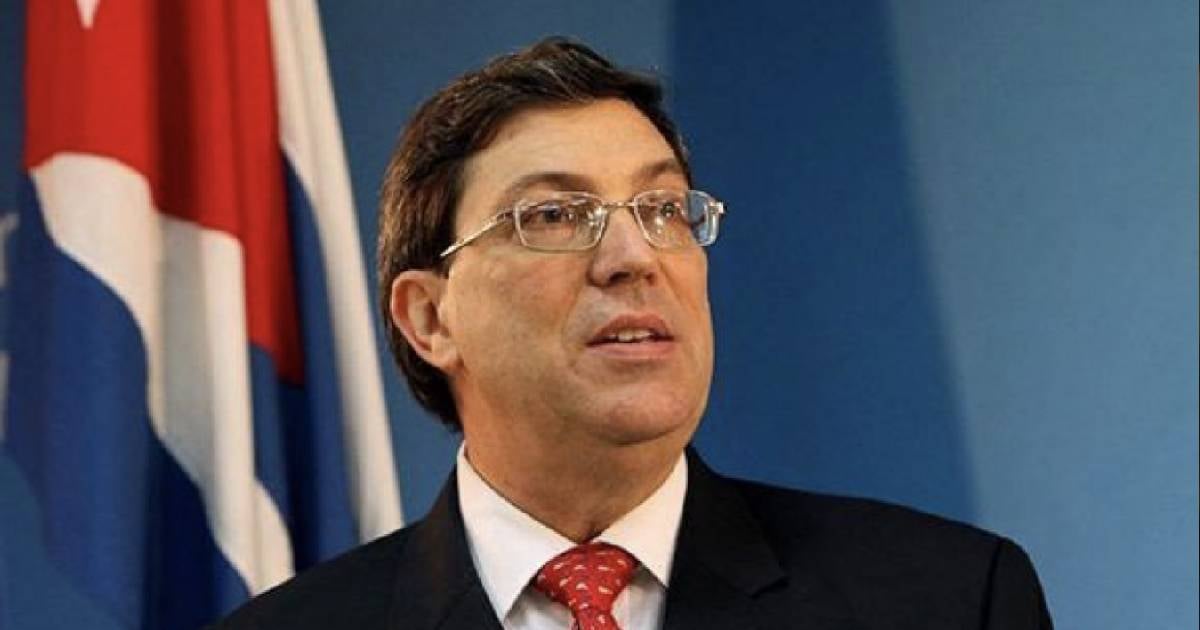
The Cuban regime rejected the release of the exiled Alexander Alazo – who shot at the Havana embassy in Washington in 2020 – and accused the United States of supporting acts of terrorism against the island.
A statement from the Ministry of Foreign Affairs (MINREX) criticized that "in the U.S. they have decided to release Alexander Alazo, the individual who on April 30, 2020, in broad daylight, fired 32 rounds from a machine gun at the Cuban embassy in that country, where 7 people were present."
The note states that the incident was carried out "with the declared objective of causing harm," and that it "would qualify in any country as a terrorist act."
He considered that, however, "it does not happen this way in the United States (...) when it comes to a violent action against Cuba."
According to MINREX, the government of that country has consistently refused to qualify that act as terrorist nor did it intend to prosecute the perpetrator as such.
This week, Alazo was found not guilty of the charges against him after a psychiatry expert determined that he was not "criminally responsible" at the time of the aggression against the diplomatic mission. The man was released on probation.
Federal judge Amy Berman Jackson ruled, however, that the Cuban exile must remain under medical supervision. In addition, she prohibited him from going out at night and leaving the Pennsylvania center where he lives, as well as approaching institutions of the Cuban regime and its employees.
After this decision, the regime of Havana stated that "the authorities of the justice system in that country preferred to ignore the evidence regarding Alazo's ties and contacts with groups and individuals based in southern Florida who have a history and aggressive background against Cuba, including the promotion of violence and terrorism."
The Cuban regime, using one of its disinformation tactics, had linked Alazo to the writer and pastor Yoaxis Marcheco Suárez and her husband, the Baptist pastor Mario Félix Lleonart Barroso, both Cuban exiles in the US.
What do you think?
COMMENTFiled under: